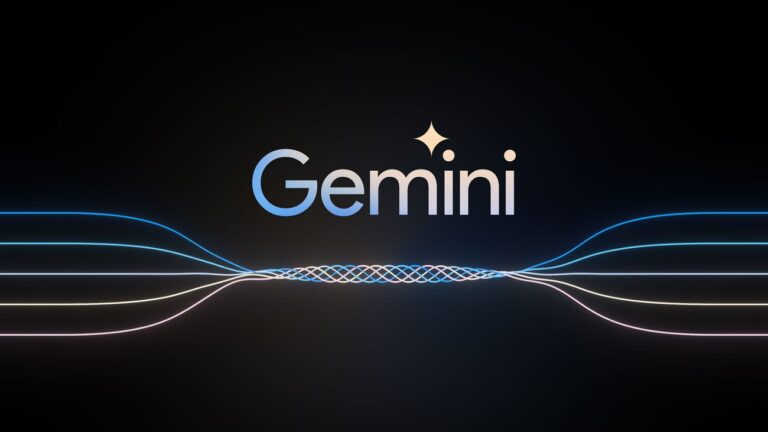Microsoft lobotomizes Sydney.
- Rather than take a risk on challenging Google in search, Microsoft has chosen to lobotomize Sydney effectively reducing it to another version of the already second-rate Bing.
- Officially Microsoft has placed limits on conversations with Sydney but unofficially, I suspect that a knife has been taken to the AI that will greatly limit its craziness but also it’s potential.
- The Internet has been alive with commentary and articles about how far Microsoft’s new chatbot Sydney could be pushed into saying crazy things.
- This has created invaluable coverage for Microsoft, has completely panicked Google and allowed the idea that Microsoft could challenge Google in search to enter the realm of reality.
- 6 months ago, if anyone had floated the idea that Bing could challenge Google in search, they would have been laughed out of the room.
- In my opinion, this would have been the right reaction because as it stands today, Bing is second-rate.
- Microsoft’s crude brain surgery is likely to ensure that it remains that way.
- For many searches, Bing is adequate, but it fails when it comes to the exceptionally long tail of the Internet and also at working out what the user is really looking for should the search query be somewhat vague.
- This gap is never going to close and so the only real chance for anyone to challenge Google outside of regulatory intervention is for the nature of search to change creating a dislocation in the market.
- It was just such a dislocation that Apple capitalised on in 2007 when it took the smartphone crown from Nokia.
- Apple was able to do this because it was willing to take a big risk on a new product category that was largely untested.
- Microsoft is clearly unwilling to take this risk and so consequently, I think that the probability of it challenging Google in the highly lucrative search market has just taken a big step backwards.
- The limitations that Microsoft has placed on Sydney limit interactions to 50 chat turns per day and 5 chat turns per session before one has to wipe the memory and start again.
- This will greatly limit the depth of interactions that are possible and will hobble the AI’s ability to be useful.
- For example, my own experience with ChatGPT where we had an argument over the prime number 509 (see here) was 8 turns in length before the appropriate conclusion was reached.
- Microsoft claims that this is to prevent that model from getting “confused” and that “a majority of answers looked for were found within 5 turns” but I think that the reality is that Microsoft is so afraid of offending someone that it is willing to hamper its own innovation.
- This is why I suspect that the limitations go way beyond chat session length and that Microsoft has also done some crude brain surgery to ensure that the bot behaves.
- The problem with these sorts of models is that their creators have no idea why or how they do what they do because there is no real visibility inside the black box of the model.
- Hence, any action to correct errant functions is going to have widespread implications across the board.
- Just a couple of weeks ago Satya Nadella proclaimed that competition is coming in search and was clearly revelling in Google’s self-induced discomfort, but he now may have blown any chance of mounting a real challenge.
- Google now has time to calm down, get its house in order and answer the challenge with the superior product which I think it is more than capable of producing.
- That Scroogled moment (see here) for which Microsoft has so desperately yearned for so long may have escaped it once again.









